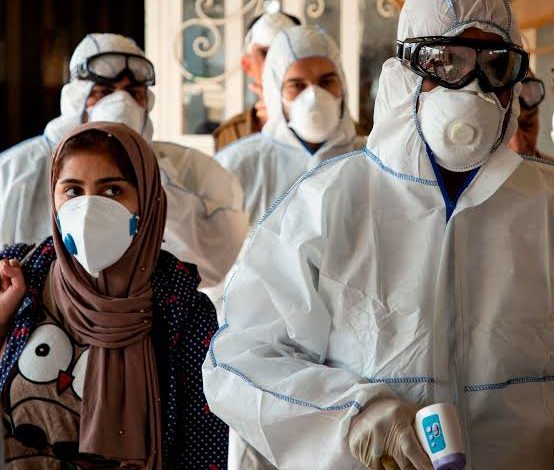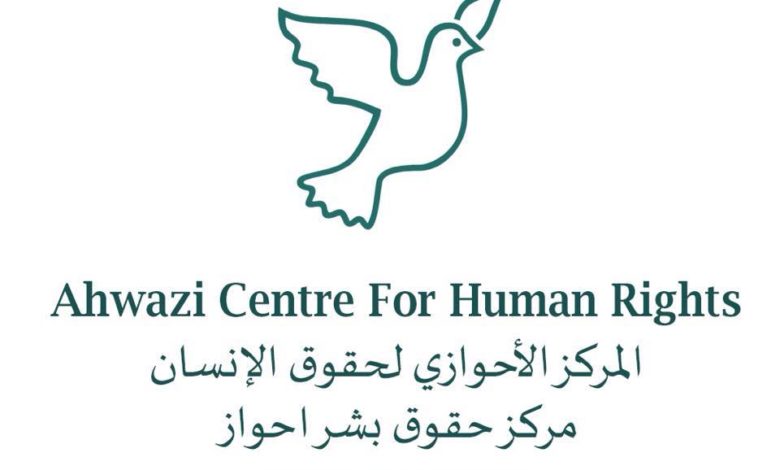Ahwazis’ financial woes worsening as Iran’s economy collapses
Ahwazi Arab workers in Iran, already struggling to survive on subsistence pay, are demanding wage increases as the country’s galloping inflation rates and soaring price increases put even basic foodstuffs out of reach, leaving many families to go hungry.
These low salaries are widely seen as a way of forcing the Ahwazi Arab workers to quit their jobs in order to give them to Persian settlers in the region, who are offered far higher salaries for doing the same jobs, as well as being offered inducements to move to the region, including homes in purpose-built, ethnically homogenous settlements which are off-limits to the indigenous Ahwazi people and provided with amenities not available to them.
On Monday, June 10, 2017, angry Ahwazi workers renewed protests in front of the sugar cane company of Susa city due to company management intentionally withholding months of Arab workers’ salaries. Most of the protesters were those who had been forcibly laid off while replaced with Persian workers during months prior.The reliable sources told Ahwaz Monitor that this particular protest lasted for many hours and sought to condemn the company’s racist treatment of Arab workers. The protesters also demanded the company find a quick solution to the issue depriving workers of salaries due to them for several months.
In these past months, there have been multiple protests – some speaking out against chronic non-payment of wages owed, some against the forced replacement of Arab workers with Persian ones, and some against the confiscation of Ahwazi lands in that area. Despite multiple gatherings of these types, the Iranian regime has not met any of the protesters’ demands. Most of those present at these events were harassed or arrested due to their participation.Rather than addressing or attempting to resolve the Arab workers ’ grievances, the administration officials of the company instead called upon regime security forces to brutalise the protesting workers to silence their demands. The sources have added that the Ahwazi workers were chanting that the company officials are a ‘complete disgrace’.
The Ahwazi workers are facing horrendous financial pressure, with one telling Ahwaz monitor that he has contemplated suicide as an escape from the mounting problems in despair at being unable to provide for his family.Speaking on condition of using a pseudonym for fear of possible retribution, Ahmad said, “These inhuman practices have increased in recent years to force us into leaving the jobs to the Persian settlers,” adding that many of his colleagues have already left their jobs due to relentless racism by the Persian managers at his workplace. “My economic situation has become terrible and most of the time I can’t find any money to save my family.” Ahmad said that this situation had left him feeling tired of life and often considering suicide as a way to escape the “misery and suffering” of his and his family’s lives.
Observers in the region say that the economic conditions there are becoming noticeably worse, with the Iranian economy steadily collapsing due to massive and endemic administrative corruption within the regime leadership, as well as the regime’s expenditure of billions of dollars per month to fund regional war and a massive military program, including salaries for tens of thousands of foreign militia members. Despite the Ahwaz region containing over 95 percent of the oil and gas resources claimed by Iran, the indigenous people live in conditions of medieval poverty, which the regime very deliberately maintains as a means of subjugating the populace and forcing them to prioritise day-to-day survival over any struggle for freedom from the institutionalised oppression and injustice imposed by the regime.
The Iranian regime has become hyper-reactive towards any protest by Ahwazi demanding their basic rights. The regime has been cracking down brutally at the first sign of dissent – harassing, intimidating, and often arresting any Arab citizen participating. The regime is particularly fearful of ethnic minorities, as they are seen as a security risk to the already fractured national unity’ of the country. Due to this fear, the regime seems to be seeking to quash organised demonstrations by terrorising the Ahwazi people into silence.
C: Rahim Hamid
S: aLiBz




